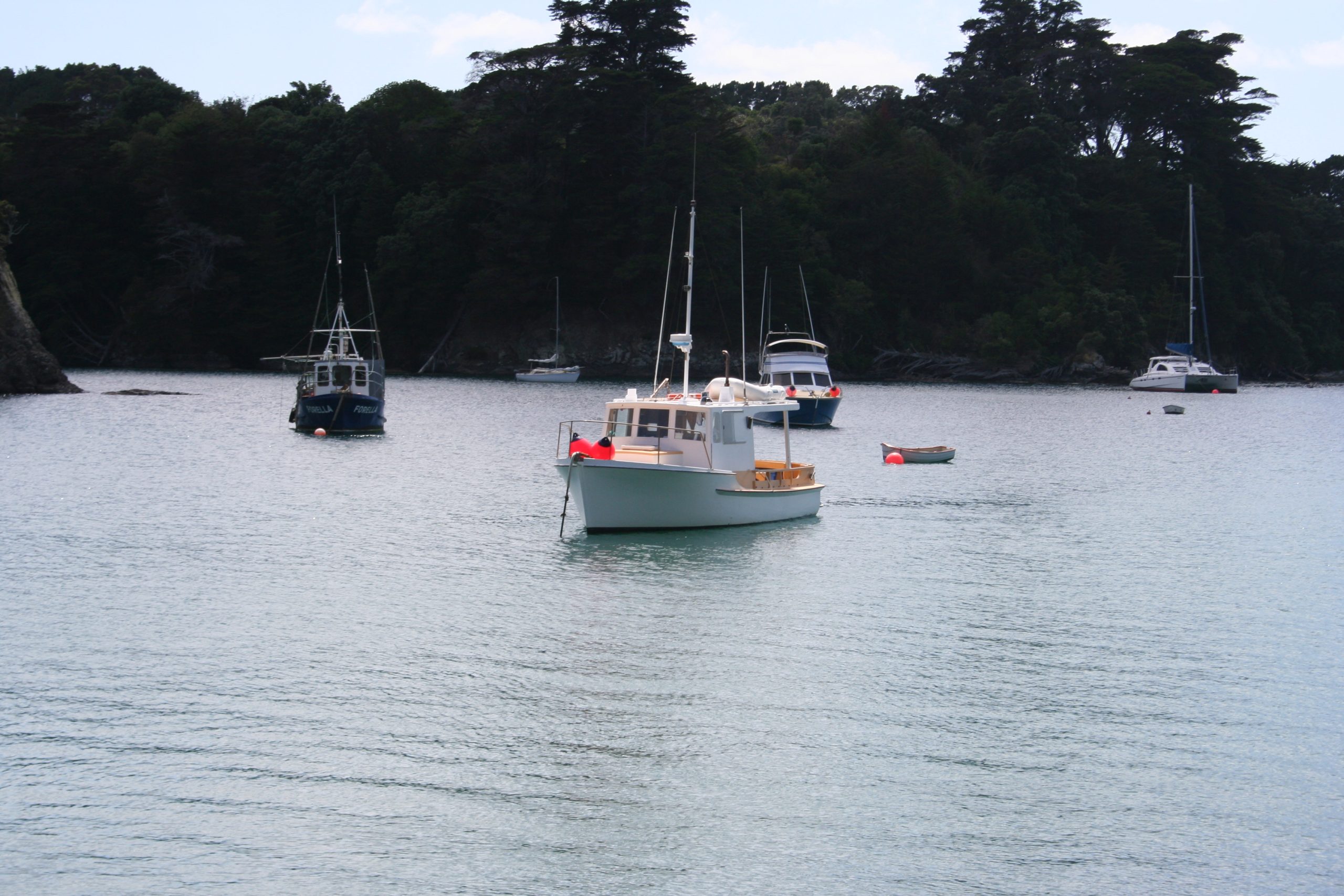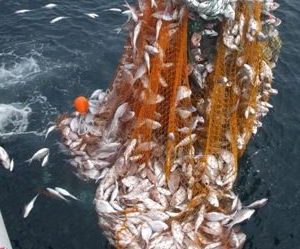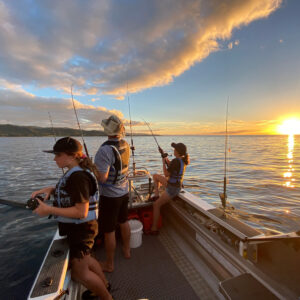New Zealand’s fisheries management system is so corrupted some commercial fishers are earning less than $4 per kilo for whole fish retailing at $60 for skinned and boned fillets.
Our Quota Management System is so rotten that small-scale fishers doing the right thing in New Zealand are becoming an endangered species. Reform of the system is urgent, otherwise the remnants of these community-based fishers will be lost and we will be paying more for our fish. We will all be poorer as a result.
More must be done to support these fishers who sustain their community and supply fresh fish to local enterprises. These are the real innovators. The people who spend hours on the water, breathing in the salt air that stirs the creative energies within. Yet two recent decisions by the Commerce Commission have crushed any hope of future innovation and value creation.
The Commission has granted clearance for Sealord to acquire the deep water assets of Independent Fisheries, and for Moana to acquire Sanford’s North Island inshore fishing business. Together these mergers have sealed the fate for the aggregation of fishing rights into fewer hands. This leaves our local community-based fishers exposed to higher operating costs and less bargaining power when it comes to securing fishing rights from the corporates.
Many of these small-scale fishers do not own enough quota or annual catch entitlements (ACE) to cover their catch, so they are subject to a market that is manipulated to the point of corruption, and remains beyond their influence.
The Commission’s job is to look at the information put to them by the applicants and determine whether there will be a substantial lessening in competition in the market. In both cases, the Commission was satisfied there wouldn’t be a substantial change to competition. There didn’t appear to be an appetite to get beyond the PR spin of the applicants, so their views were accepted at face value.
However, the social costs of such mergers are borne by those further down the chain. The quota landlord now holds all the power, granting ACE to whoever they choose at the highest possible price.
Meanwhile, the man or woman doing the hard mahi is working to pay the landlord’s rental on the ACE, and compliance costs to officials, before their kids even get to school.
For ACE fishers this means earning as little as $3.50 per kilo of snapper landed, while bearing the costs of fuel, vessel maintenance, crew wages, bait and ice. It must be heartbreaking for these hard working crews to see Kiwis paying up to $60 per kilo for skinned and boned snapper.
It’s a rort that a third of the price paid by us, as consumers, can be captured as rent from the quota landlord who never sees the fish – a worthless cost in the value chain.
Competition essential for innovation
Fish in the sea are a common resource, belonging to all New Zealanders, yet over time we have granted a select group of people the right to rent out access to our fish and charge top dollar, while giving nothing back to benefit all New Zealanders.
Initially, resource rentals were embedded in the Quota Management System. This was recognition that a common, natural resource was being exploited for private profit, and there was a need to pay a royalty for that privilege.
Over time, the quota system has become a complex web and after much backroom lobbying resource rentals were dropped in favour of cost recovery charges. Over the past five years MPI reports they have recovered between $28 million and $37 million per year. A fraction of the costs involved in managing and enforcing compliance in commercial activity.
The Quota Management System is now a rent seeking institution that places all the incentives on short-term cashflow and actively hinders innovation or value creation. These latest decisions by the Commerce Commission lock in the basic drivers of low value commodity production. There is no effective competition in the fishing industry, the very ingredient needed to stimulate innovation.
Until the cartel behaviours of the industry are broken down and competition is reintroduced into the catching and marketing of fish, we are left with a feudal system governing the common property resource of New Zealand.
We must do more to encourage innovation and value creation, that means supporting our locally based commercial fishers to be creative and successful in their endeavours. The policy proposal Rescue Fish Ika Rauora provides the framework for positive reform. It’s time we got serious about looking after our small-scale commercial fishers and the environment that we all value.
More information
Rescue Fish Ika Rauora is a policy offering an alternative to New Zealand’s failing Quota Management System. The Rescue Fish policy was presented to Government officials and commercial and Māori fishing interests in 2020. The policy presents a holistic solution to address depleted fish stocks and biodiversity loss. The reforms prioritise food security and developing small-scale artisanal commercial fishing to boost Māori and regional economies, and contribute to the wellbeing of all New Zealanders.
The policy and recommendations were developed over several years by a team of local and internationally renown marine scientists, social science experts, economists and fisheries management specialists.
The Rescue Fish policy was initiated by the New Zealand Sport Fishing Council (NZSFC) and LegaSea in 2018, after working to restore the health and abundance of New Zealand’s marine environment for the past 20 years. LegaSea is a subsidiary of the NZSFC. Together they have invested around a million dollars in developing the Rescue Fish Ika Rauora policy.





